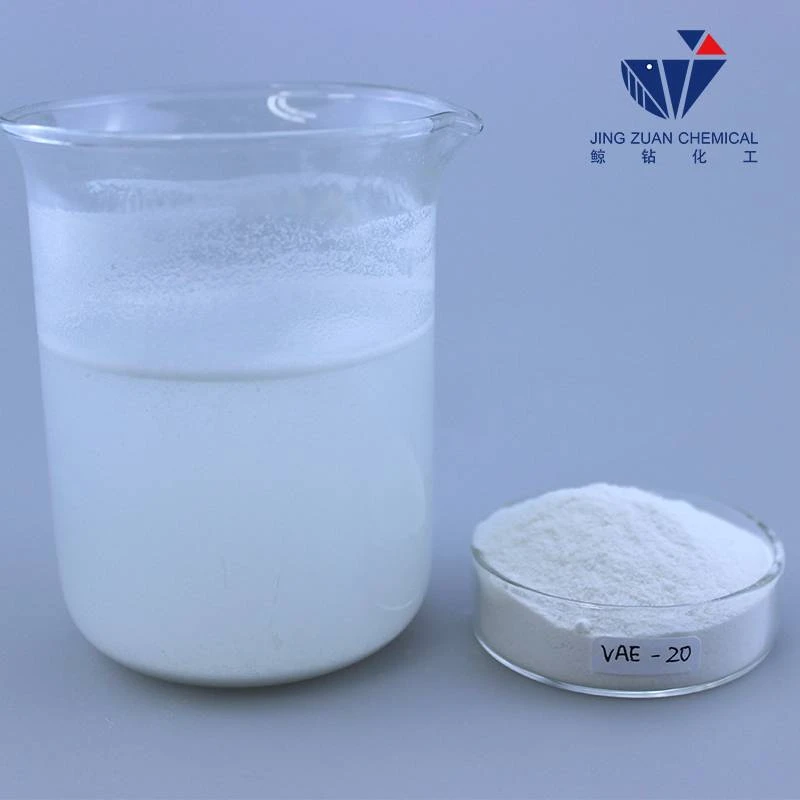
dec . 05, 2024 15:01 Back to list
Understanding HPMC Grades and Their Applications in Various Industries
HPMC Grades and Uses An Overview
Hydroxypropyl Methylcellulose (HPMC) is a versatile, semi-synthetic polymer derived from cellulose. It has gained immense popularity in a variety of industries due to its unique properties, such as water solubility, thickening ability, and film-forming capability. This article delves into the different grades of HPMC and explores their various uses across multiple sectors.
Understanding HPMC Grades
HPMC is classified into various grades, each tailored to suit specific applications. The primary qualities that differentiate these grades are the methoxy and hydroxypropoxy content, which affect the viscosity, gel temperature, and solubility characteristics of the polymer.
1. Low-Viscosity Grades These grades typically have a lower concentration of HPMC and are used in applications requiring lower viscosity. They are often utilized in the preparation of coatings, food products, and pharmaceutical formulations that require a thinner consistency.
2. Medium-Viscosity Grades These are more commonly used in a wide range of formulations. They provide adequate thickening and gelling properties, making them suitable for personal care products, adhesives, and various construction materials like cement and dry-mixed mortars.
3. High-Viscosity Grades High-viscosity HPMC grades are employed in applications demanding a thicker texture. These grades are particularly favored in specialty products like paints, inks, and high-performance adhesives, where superior binding and rheological properties are essential.
4. Specialty Grades There are also specialized grades of HPMC designed for specific applications, such as pharmaceutical-grade HPMC used in controlled-release formulations. These grades comply with stringent regulatory standards and provide precise performance.
Applications of HPMC
hpmc grades and uses

The versatility of HPMC allows its application across numerous industries
1. Construction HPMC is widely used as a thickener and water-retaining agent in cement and mortar formulations. It enhances workability, provides improved adhesion, and prevents cracking. In addition, the water retention properties help ensure that the mixture remains workable for longer periods, leading to more robust and durable structures.
2. Pharmaceuticals In the pharmaceutical industry, HPMC serves as an excellent binder and film-forming agent in tablet formulations. It enables controlled drug release, which is critical in achieving desired therapeutic effects. Additionally, HPMC is used as a coating agent to protect moisture-sensitive ingredients.
3. Food Industry HPMC is commonly used as a food additive due to its thickening and stabilizing properties. It enhances the texture of food products such as sauces, dressings, and desserts. Importantly, HPMC is gluten-free, making it an appealing substitute in gluten-free baking.
4. Personal Care Products The cosmetic and personal care industry utilizes HPMC as a thickener, emulsifier, and film former in products such as lotions, creams, and shampoos. Its ability to form a smooth and uniform texture makes it highly desirable in formulating skin and hair care products.
5. Paints and Coatings In the manufacturing of paints, HPMC acts as a thickener and improves the application's ease and spreadability. Its film-forming capabilities ensure a smooth and even finish, making it suitable for both water-based and solvent-based coatings.
6. Adhesives and Sealants HPMC is also a key ingredient in formulating adhesives and sealants, where it enhances bonding strength and viscosity. Its water-retention properties help maintain adhesive workability during the bonding process.
Conclusion
In summary, Hydroxypropyl Methylcellulose is a multifaceted polymer with a wide range of grades that cater to diverse industrial needs. Its unique properties make it a crucial component in construction, pharmaceuticals, food, personal care, paint, and adhesive formulations. As industries continue to evolve and seek innovative solutions, the significance of HPMC and its various grades is expected to grow, highlighting its essential role in modern manufacturing and product development. Thus, understanding the different grades and their specific applications can guide manufacturers in selecting the appropriate type of HPMC for their particular needs, thereby enhancing product quality and effectiveness.
-
tile-bonding-additives-for-stronger-bonds
NewsAug.22,2025
-
construction-grade-rdp-for-wholesale-needs
NewsAug.22,2025
-
trusted-wholesale-hec-partners
NewsAug.22,2025
-
hec-solutions-for-industrial-excellence
NewsAug.22,2025
-
construction-additives-need-hpmc-essentials
NewsAug.22,2025
-
hpmc-versatile-cellulose-ether-for-industries
NewsAug.22,2025







